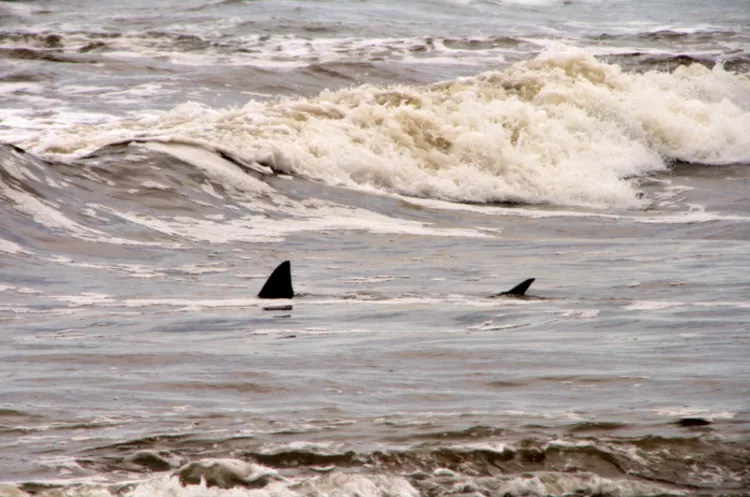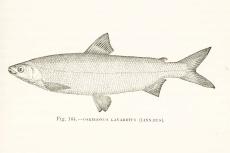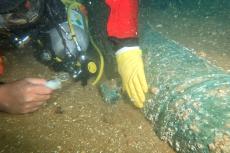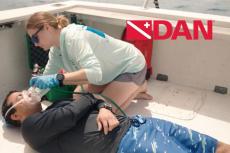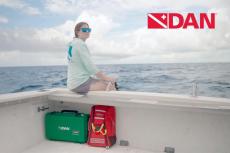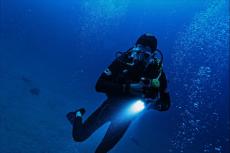Shark in the waters? No sweat, said more than half of surfers in survey
A survey uncovers surfers' attitudes and perceptions about sharks.
Imagine you are riding the waters on your trusty surfboard, savouring the rush of emotions and feeling totally alive, when you glance down into the waters and you spot a shark swimming by.
Does your heart skip a beat and you immediately look for the fastest way to get back to dry land?
Or do you continue what you are doing, feeling more at one with the elements?
Well, if you are like more than 50 percent of surfers, you would simply continue surfing, according to a survey of 391 surfers, conducted by the University of South Australia.
Specifically, 60 percent said that they were not afraid of sharks when surfing, while 52 percent had actually seen one when they surfed. In fact, 44 percent said that a shark sighting would not deter them from entering the water.
Dr Brianna Le Busque, a behavioural scientist and conservation psychology researcher at the University, said that it was a step in the right direction when it comes to shark conservation.
Being frequent ocean users, surfers were in a unique position to change the public’s negative perceptions of sharks, generated from sensationalised shark movies. According to her, they understoof the role sharks play in ocean health and generally believed that shark conservation was good.
“But the relationship between surfers and sharks is complex and has not been widely researched, so understanding their interactions is an important step in shark conservation and management policies,” she said.
She added that surfers encounter sharks more than any other people in the community, so they should be part of the consultation process when it came to management or mitigation strategies.


